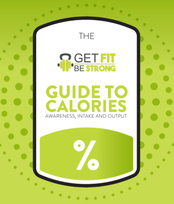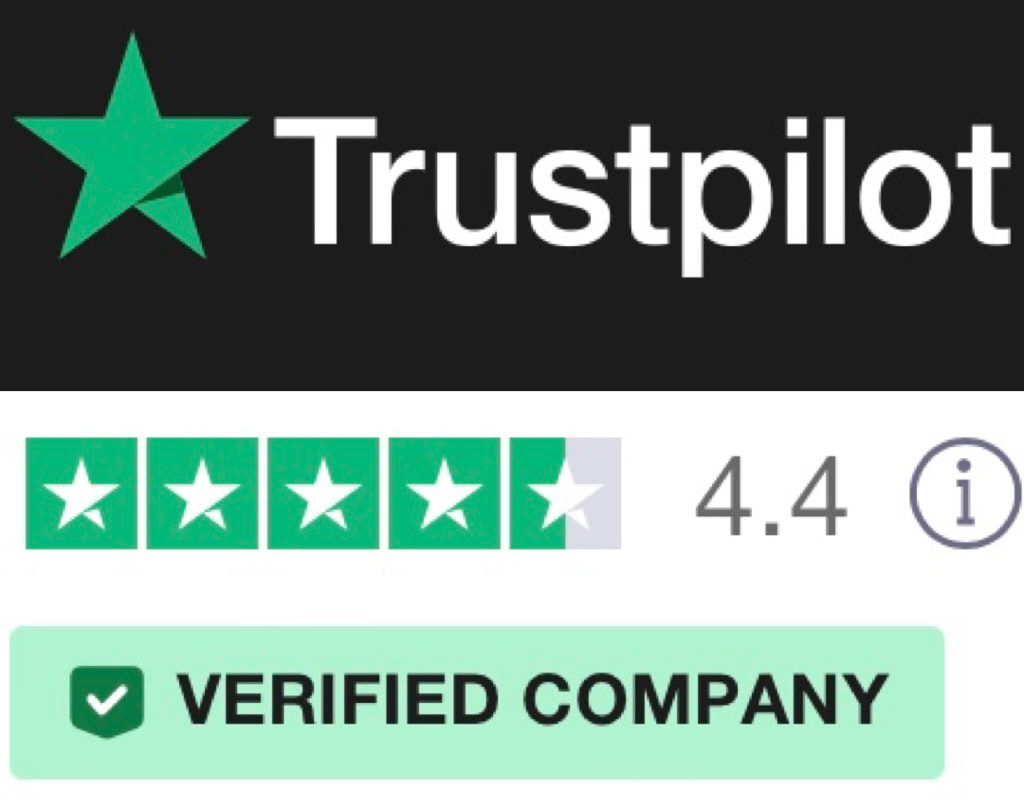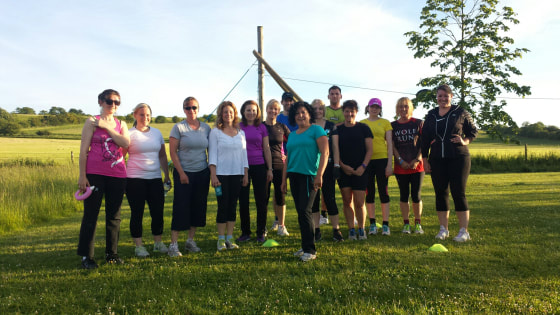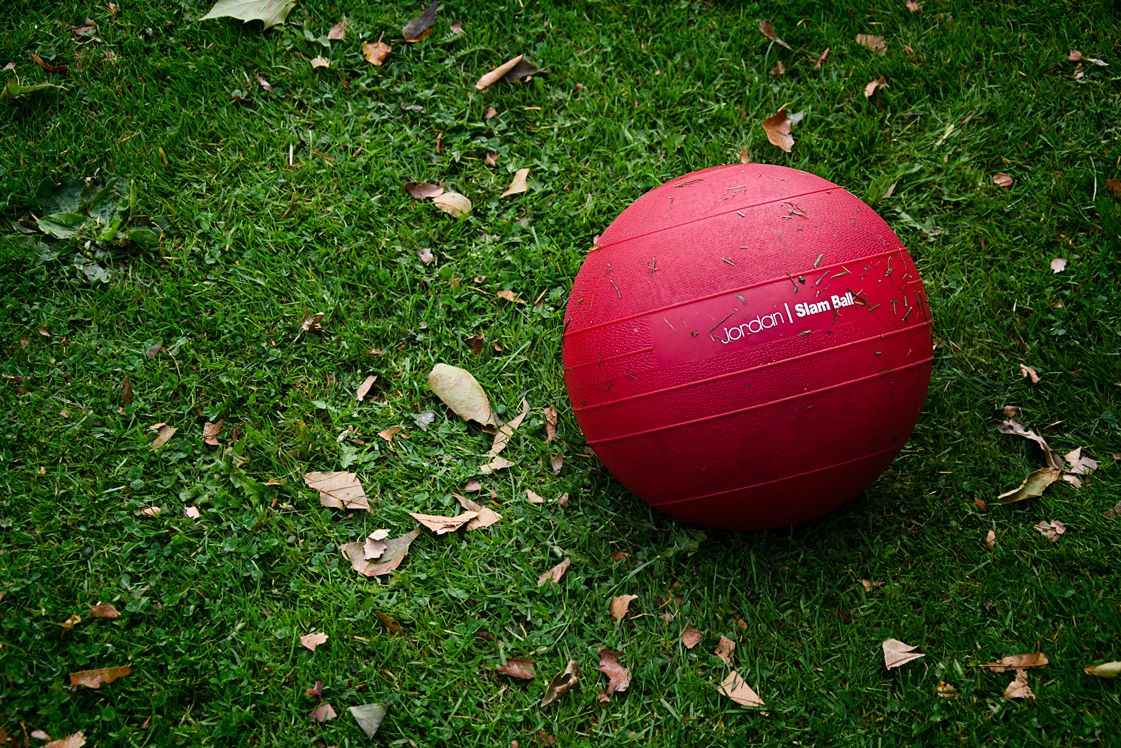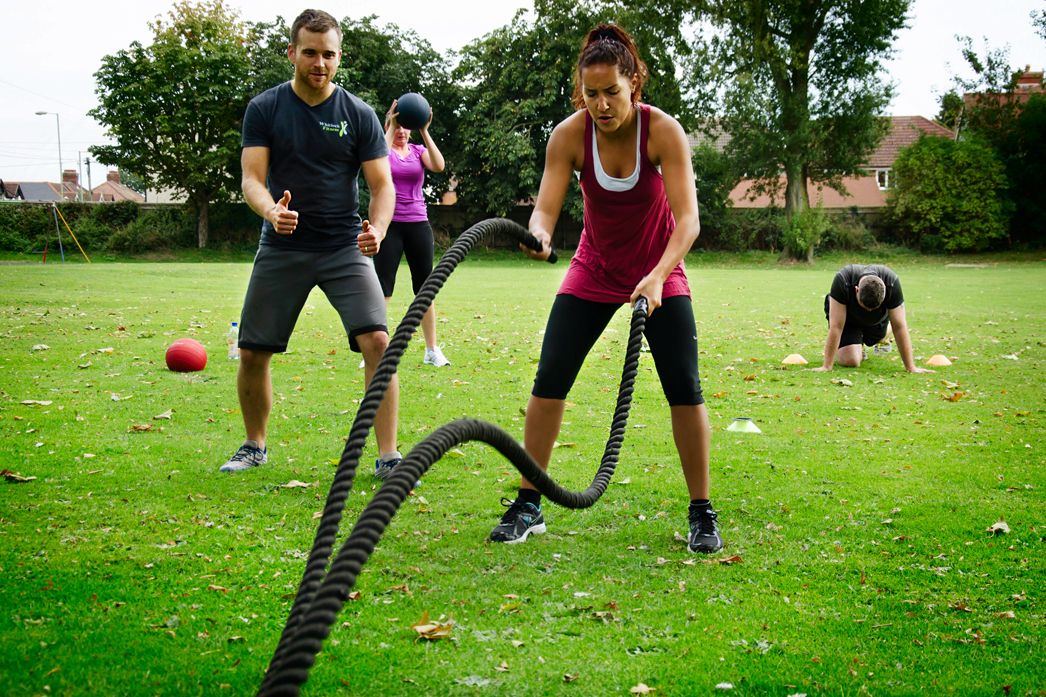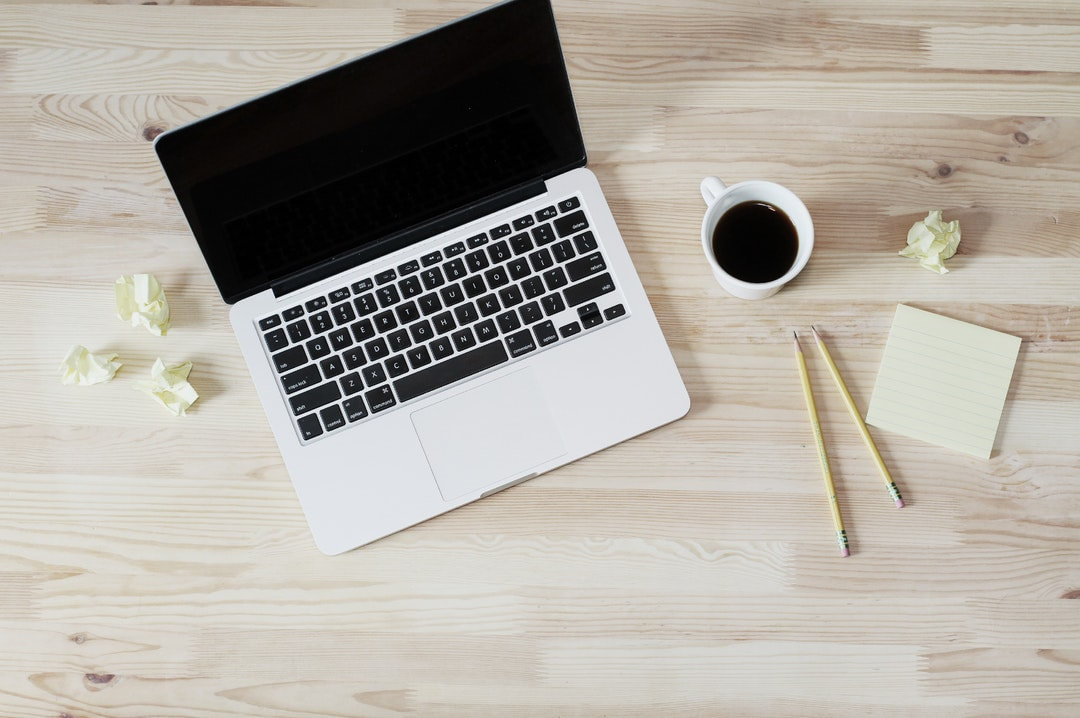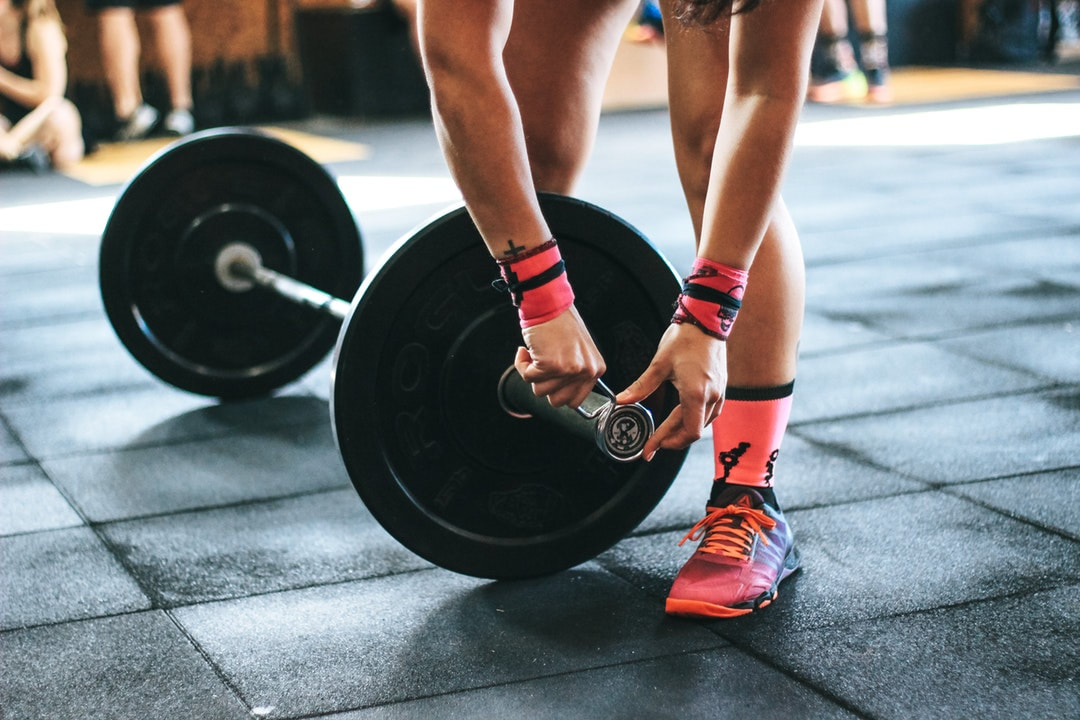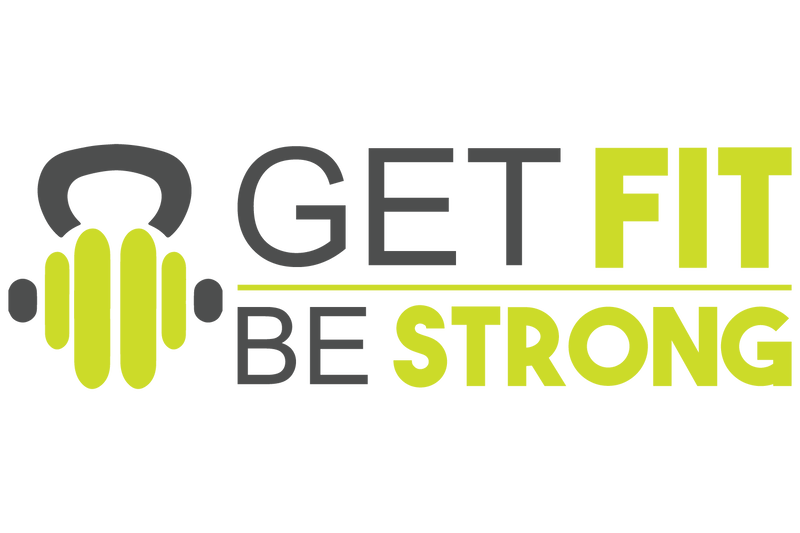|
We are going to talk strategies; fat loss, weight loss, calorie cutting strategies.
Let's start off by putting some facts out there. If you are logging or gauging how much food and drink you are consuming and you have worked it out to be 1000 (or there about) and you are not losing weight...then unfortunately you are not eating 1000 calories consistently. Unless you weigh 45kg, 100lbs or 7st you will lose weight eating 1000 calories. I know I am talking about calorie counting again and what I should be calling it is calorie awareness. Without a level of awareness your fat loss goals will take longer to achieve, which is not always a bad thing, but if it means that along the way you give up and feel guilty then this is not the best route. So let's talk strategies: 1) Cut out/reduce a food type. Whether it is alcohol, carbohydrates, fat, meat, fruit, bread...which ever label you choose. If you eliminate a type of food from your regular diet you will lose fat more likely than not. WHY does it work? Because it is quite easy to do. Not many people replace a whole missing food type with something else. It is clear in your head what you need to avoid thus making it easy to adhere to. You have reduced the amount of total calories you consume on a regular basis thus creating a calorie deficit, causing fat loss. 2) Intermittent fasting (also known as The 5:2 diet, The 6:1 diet, Skip breakfast diet).Intermittent fasting is going for a period of time consuming a very small amount of calories or no calories at all, only water and maybe some caffeine. A common method is to only eat between a set time period, say the hours of 1pm and 9PM (it could be any 8 hour period) but this seems to work for a lot of people. This results in a 16 hour fast. WHY does it work? Because it is super simple to conduct. You will probably not over consume in the 8 hour period to balance out the missed feeding time. You have missed at least 1 meal and maybe a snack during the fast so you have reduced the amount of total calories you consume on a regular basis thus creating a calorie deficit, causing fat loss. 3) Counting calories. The age old method of calculating what you are consuming to ultimately eat less. From logging on diet apps to writing down portions and weights, calculating calories is a tried and tested method for seeing where you could cut down. It does also come in the guise of 'points counting' and 'sins counting'. Which ever method you use it is a way of monitoring how many calories you are consuming and then reducing them. WHY does it work? Because it makes you aware of the foods which you may be overeating or which ones may contain more calories than you previously thought or were aware of. It creates a degree of learning which may be a help in the long term as you are actually relating calories to particular foods. You therefore reduce the amount of total calories you consume on a regular basis thus creating a calorie deficit, causing fat loss. 4) Train harder or move more. Increase the amount of time you exercise or the intensity in which you train if time is tight. Add movement when you can throughout the day, yes take the stairs instead of the escalator, beat your daily step count whatever it takes to increase your calorie expenditure. WHY does it work? Because increasing your daily movement increases the amount of calories you burn. By adding in the extra set of squats or increasing the intensity of a workout, you need more energy, you use more fuel. But this is why exercise isn't always the answer. If you are over consuming by a large amount then trying to exercise into a deficit is going to be hard, there are only so many hours in the day. But if calories stay the same and you increase your movement then you have increased the amount of total calories you have expended, on a regular basis thus creating a calorie deficit, causing fat loss
3 Comments
What type of exercise is best - HIIT or LISS
HIIT (High Intensity Interval Training) Many people spout HIIT as the winning formula. Short bursts of hard exercise followed by short rest periods. If you are performing HIIT sessions for 1 hour or more, then you are not conducting HIIT. You may be doing interval training or working hard but HIIT should be all out effort for a short space of time PROS:
The go to exercise that most people choose when they decide to get fitter or lose weight is to hit the paths/roads and go for a jog. It is so easy to do, just stick your trainers on and get out there. You can choose how fast and how far you run and who you run with, it’s so simple. You might choose to cycle, swim, walk and these all have similar benefits. PROS:
The best type of exercise you can do for fat loss is any exercise that you enjoy doing, can fit into your daily routine and that works alongside you being in a calorie deficit. The best type of exercise for muscle gain is resistance training of any sort that you can progress with over time. Whether that is increasing the weight lifted, the number of sets and reps or decreasing the rest periods. Progressive overload is key. Overall do not stress about what type of exercise to do if you are looking for general fitness improvements, fat loss or mental well-being. Choose something that you enjoy, that you can stick with and that gets you closer to your goals. Which one do you use the most?
Which one do you give yourself? Which one do you give others? Do you use a different one to justify different situations? If you really want to change - progress - advance - achieve - succeed; then you have to decide which of these you are going to use to get you where you want to be.
But I didn’t.
I persevered, grinded through and tested both my physical and mental fortitude. After one round of this workout I knew it was going to be a struggle. I felt sluggish, the weights felt heavy and I was already thinking of ways how I might change the session to get through it or just get out of it. What made me get it done? I was filming the session. Straight away this added a layer of accountability. I had decided to film it as it was going to be one of my ‘go to’ testing sessions and I wanted to post about it. Even though I could have just stopped the video and not posted about it I felt that it would be dishonest to not post it, no matter what the result. I wanted to get those particular muscle groups trained that day. From a training perspective I knew that this was a session that needed to be done so cutting it short would have hampered my training plan for the week. If I can’t persevere through one tough workout how can I talk about people being uncomfortable and being committed to their goals. I enjoy training and it has become part of my life. But for people I help who are just starting out or who are making some big changes in their lives, they are going to face challenges in many aspects as they start to analyse and adjust their daily habits. Dietary changes, new exercises, tough training sessions and mental battles are all part of the process. So when I come across a hurdle I need to be able get over it or work around it and keep running, just like I expect my clients to. This may not seem a large challenge in the scheme of things, but the more we push through small battles the big ones will not feel so daunting. One habit change rolls into another, one completed workout increases our chances of doing the next. Feeling uncomfortable yet not stopping will increase resilience and help you get through the hard days, tough choices and keep going in the face of adversity. Doing things that are hard will develop strength, determination, fortitude and discipline, all key in accomplishing what you set out to achieve.
If your favourite food is chicken and broccoli then crack on. If your favourite food is chocolate brownie with vanilla ice cream then you may need to watch your intake. But you can eat your favourite foods, you just have to put it in to your plan or keep it in check. If you currently eat four portions a week, then you may need to reduce down the size of each portion or get rid of two, bam! 900 calories saved. Whether you have removed alcohol, are avoiding carbs, not eating meat or just having your diet shake meal replacements, social events may seem daunting. But roll with it, unless you are socialising 4-5 nights a week (and even then it just takes a bit more planning) you can still enjoy a drink or food with friends. Go for the vodka soda instead of the pint or be bold and have the soft drink. Also most menus now come with calories shown in the margin, make the smarter choice and stick to your goals or go for your favourite and bank some calories earlier in the day. If your diet is causing you to avoid these situations then it is not sustainable. By labelling food good or bad you immediately start to associate a psychological feeling towards it. It is all about context. If you were shipwrecked on a desert island and all you had to eat was a box of donuts then they would be the best food ever. But if you have a doughnut with friends at a coffee shop then you seem to have to justify your choice by saying that you will “make up for it later” or verbally state that “it’s just your weekly treat”. No one really cares what food you choose to eat. They only care when it is going against what they believe or when they feel bad for not making the same choice as you, it is their issue, not yours. There is no reason to feel guilty for eating anything. You have made a choice, if you feel sluggish or bloated after eating something then don’t feel guilty just try to make a different choice next time. You may get miserable on a diet. You are sick of not eating all the foods you love, missing the nights out with friends, drinking the same liquid diet shakes everyday, the feeling of hunger constantly or the battle everyday to not eat the whole pack of biscuits. Then I refer you to the above paragraphs. It doesn’t have to be this way. You have to admit that you need to make changes otherwise you wouldn’t be in this situation. But do so in a way that makes it sustainable. Yes, stop buying the biscuits in the first place (out of sight out of mind) and yes, you probably can’t drink a bottle of wine a night (but do you really need to) but consider all of the above and start to change. Until you really want to change you will keep finding excuses and reasons not to start. You are in control and you can do more than you think, but why make it so hard on yourself that you will find it difficult to succeed. Alarm goes off, get up, head to the kitchen, flick the kettle on, check your phone for likes, messages, emails, notifications and then 15 minutes later realise the kettle is cold so flick it back on again. Choose your drink of choice, maybe sit and browse the Daily Mail website or catch 5 minutes of the news. It’s now time to get the kids ready; teeth, clothes, lunch, homework and any other random piece of household equipment that they apparently need for the project of the day. Now time for you to get dressed. You are now nearly ready to start your day. You grab your breakfast and maybe prepare your lunch or mid-morning snack.
Drop off done, possibly stop off at your favourite coffee shop for a snack or second drink of the day and then to get the day done. Before you know it the day has flown by and the hustle and bustle of your daily life has taken over. You have eaten and drank when you could, got home and done the evening shift and now it’s time to sit and switch off. Now off to bed, ready to go again in the morning. This might not be your day. But whatever your routine is, it has a massive effect on how much you can implement change. If I said to this person above “That’s great, but now I want you to workout for an hour when you get home from work, prepare your lunch for the next day and eat a fresh breakfast”. I don’t think I would be helping them reach their goal very quickly, they may feel overwhelmed, become disillusioned at the process and just go along with no hope. Routine can be a good thing. It can allow you to feel in control or alleviate stress from an existing situation as you know what to do, what is happening next and keep you moving forward. If the routine you are currently following (consciously or unconsciously) is achieving your goals then stick with it until it doesn’t. They can also not be so great though. If your routine is causing you to keep making the same mistake, is causing you to be anxious about not sticking to it or facilitates a habit which you know you should be reducing or removing then you may need to take a closer look at what is actually going on. We are creatures of habit, as the saying goes. And it may be true, as trying to over complicate your day for the sake of it is not going to help you achieve anything. We like structure and a plan but they have to be geared towards the outcome you are aiming for otherwise you will keep getting the same result. Start by adding in one small change. Don’t just remove something from your routine, otherwise you end up filling that gap with something else that wasn’t planned for. If your regular breakfast is a large bowl of frosted flakes and you just remove them without replacing them with something else, then you start to feel hard done by, hungry and then possible make a worst choice later in the morning. Instead try to replace rather than remove. Replace your flakes with a small pot of skyr type yogurt, still quick and grab-able yet more beneficial. Instead of removing your tea break chocolate bar, replace it with an apple. When should you change your routine? If your routine at your break is to head on the same walking route to get some fresh air, but on the way you head past your favourite coffee shop and get your unicorn-cappa-frappe-hazelnut coffee and then head back to the office then you have a couple of choices; go the same way but choose a different drink (maybe an actual coffee and not a dessert) or walk a different route and grab a diet coke or water from a shop. You still get your break, you still get a drink but more than likely you have just reduced your calories by a few hundred. If right up to before going to bed you are watching the latest box set on Netflix and then you have one more last minute check of your notifications on your phone and then wonder why you can’t switch off well or have a disturbed night sleep; then it is time to change. Do those things, but start them earlier. Have a clear “no screen period” before climbing into bed. I know a lot of things are on our devices but if you still read a real book, then do that instead. A dimmer, amber light is best and if you must a kindle/phone on night mode + flight mode is a good alternative. We all have a routine to a degree and we can all change it to suit what we want to achieve. But you must be willing to change - feel a little resentful - feel uncomfortable - keep going - gain momentum - gain confidence in your choice - feel the satisfaction - see the results. When we decide that we want to make a change, we like to prepare, plan and explore our options. Which route is going to be best to choose. We read an array of books to guide us, view many YouTube videos and google the subject over and over again. This explains the massive amount of self help books on the market with eye catching titles covering all sorts - 10 Reasons to Ditch the Donuts, How to own your life, This Book IS The Answer, Live with Cabbage and feel amazing. Whatever topic you are looking for there will be something or someone out there trying to help you.
People read self books or guides looking for the answer and some may have it. I’ve read some amazing books which have given me ideas and motivation to do something or take some action. Have I put it all in to practice? No. Have I gleaned elements of them and applied the parts I feel are most relevant? Yes, I have. But the clue is in the title SELF HELP. Self - YOU need to do something. It will probably be different to what you are already doing otherwise you wouldn’t be searching the answer in the first place. It may make you feel uncomfortable, outside of your safe bubble, but unless you do it you will never know if it is the right thing or not. It is your SELF that has to find the way to make this “thing” fit into your life. You can keep asking people or reading more books but at some point YOU have to do it. You have to make the decision and take the action to commit. Help - These books, videos, people or articles are here to HELP you. They are not the answer but peoples methods, ideas and philosophies on a particular subject that they have found successful and want to share with you. They are helping you figure out what might work best for you. Read, wait, ask, listen and read again and maybe even read some more. At some stage, you have to put the work in. You can keep putting it off and fool yourself that you have accomplished something by reading a book. The book may have helped but how much of it have you really put into action, be honest with yourself. How hard have you grafted to persist with this method and really tried it out? Did you find it too hard and then move on to the next one only to reject that one because it didn’t work for you? It may be hard and probably will be, especially if it is something you have been putting off for a long time. But you need to apply what you can and work for it, you need to graft. The starting point is usually going to the toughest part of any journey. The fear of failure, social acceptance and the fear of change can all start playing on your mind. But just think what it will feel like 6-12 months down the line when someone is still reading and waiting when YOU have taken the action and actually done something it, whatever IT may be.  You need to stop this... When it comes to fat loss you may sometimes find yourself looking for a scapegoat or the excuse. Whether that be bread, sugar, wine, chocolate or dairy. What you actually need to do is stop 'pussy footing' around the subject and just accept where you are and what you need to do. XXXX doesn't make you fat, consistently eating in a calorie surplus does. Removing XXXX from your diet doesn't make you lose weight, consistently creating a calorie deficit does. If removing some or all of the portions of XXXX from your diet help you achieve that then great. Everything you eat and drink needs to form part of a sustainable diet. If you like bread, eat some. If you like chocolate eat some. I like pizza, but I know I can't eat 3 pizzas everyday and still hit my calorie needs and macro nutrient targets (protein, carb, fat). I'm not using the term moderation. Moderation is flawed. If you justify eating 2 bars of chocolate a week because that is your moderation, you then go on to use that reason for having 2 take aways, 3 beers, 1 bag of crisps, 3 bags of sweets...because you see each food as consumed in moderation. But has it been really? Or are these moderated food calories the ones that are keeping you at your weight or helping that unwanted weight creep on? It is time to account - asses - change. 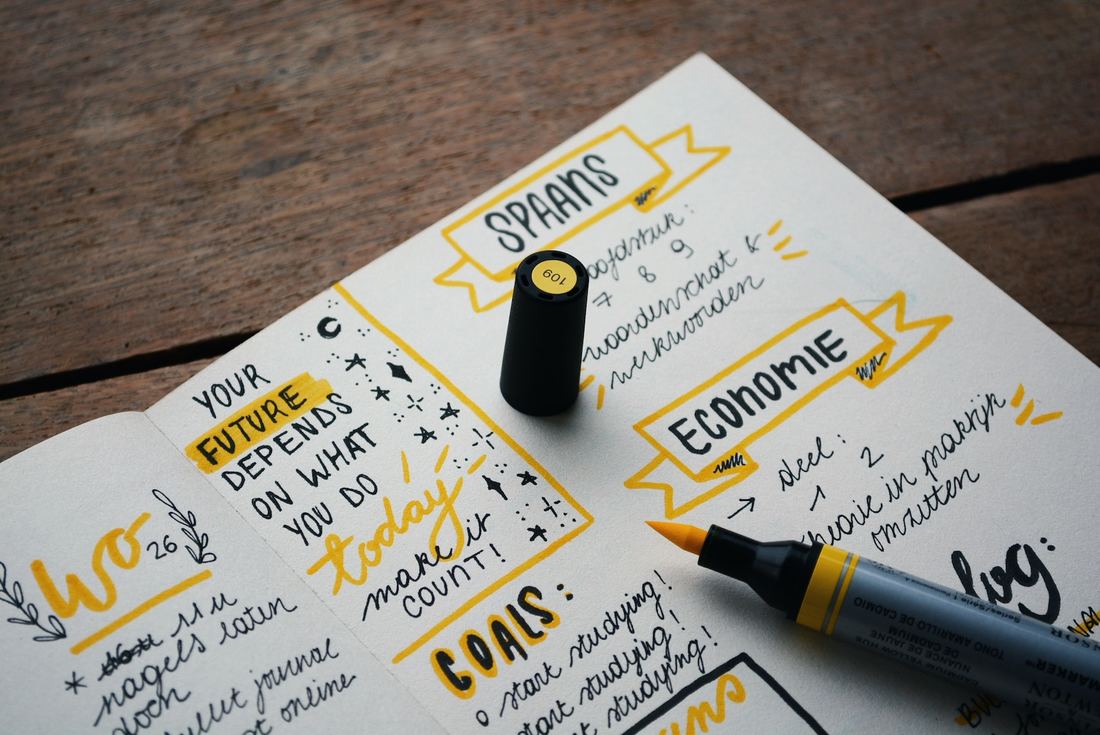 When you go on a diet or embark on a new eating regime, you set out with high hopes and all the best expectations in the world. You have your guidelines and what you are looking to remove or reduce. You are raring to go and flick your mindset to “I’m going to do this!”. Over the first few weeks you may find that things are going great, your new meal plan and your snacks are flowing well and you are feeling positive. Over the week you eat well, your new meal plan and your snacks are flowing well and you are feeling positive. You start each week with a great food shop. Your meals are planned and you have prepped your lunches for the week, or at least got your ideas in mind. You find that your breakfasts are great and filling and each day you avoid the office biscuits and colleague birthday treats. It’s that time of year where you start to make changes. You say to yourself “Right, that’s it! New year, new me” and “I’m definitely doing it this time!”. But that last statement alone says a lot... “...this time!” It shows that you may have tried it already or that you have tried something similar in the past.
Whether it is the 1st or 3rd time you are going to shift some excess pounds, join the gym or start running (insert goal here), you need to know your WHY. Without knowing and recognising your WHY you are unlikely to sustain the change over the longer term. If the going gets tough, your WHY will be there to steady the ship and to keep you pushing through. Your WHY is the reason you are making the change. It could be something personal or something external, but you need to find it. It might take some time but once you have it, grab onto it and don’t let go. Write it down. Think of all the different ways in which you can build towards it. Make a plan. Do little things that will lead towards it. A house is made brick by brick, you don’t have to build it all in a day. We also live in the real world though, so you have to be realistic and honest. January is generally cold, wet and dark. The gyms are busy, your being told to not eat this and eat that. Some days you have a bad sleep, some days you are stuck at work or the kids are ill...things happen and life gets in the way! But if you have your WHY this all starts to look clearer. You get over your obstacles and your excuses because you can see what is at the end. The biggest challenge standing in front of you is you. You are the one who needs to want to change. Yes, you may have support, guidance and help along the way. But without you, your WHY doesn’t exist. You need to be SMART about things. S- Specific - M- Measurable A- Achievable R- Realistic T- Timescale S- I am going to lose 14lbs M- I will measure my weight now and then each two weeks. A- I will achieve this as I have a plan in place R- It is realistic as it still puts me within a healthy weight range for my height and age T- I will do this within 8 weeks time This is where I do suggest writing your WHY down. Visualising it and reiterating it to yourself will reinforce it. Another good idea is a collage, a whiteboard, a notebook...whether it is a collection of pictures, notes or articles to get you inspired, it all helps. You have the power each day to move a little bit closer to your goals (and feeling awesome). Write or say out loud 2 things right now that make you feel good about yourself. It could be your dedication to something, the smarter breakfast choice you made this morning, the skills you have in a particular field or a goal you have achieved in your life so far. You are an achiever! You have done it before, you can do it again and again. And if you have a wedding coming up and that is your WHY, my wife does amazing bridal hair ;) www.katiejanewhitlock.co.uk |
AuthorMe, myself and I posting information about fitness, health and many things wellness. Archives
January 2024
Categories |
|
Start Well now DOWNLOAD YOUR FREE CALORIE GUIDE. Or choose the Start Strong Workout Guide |

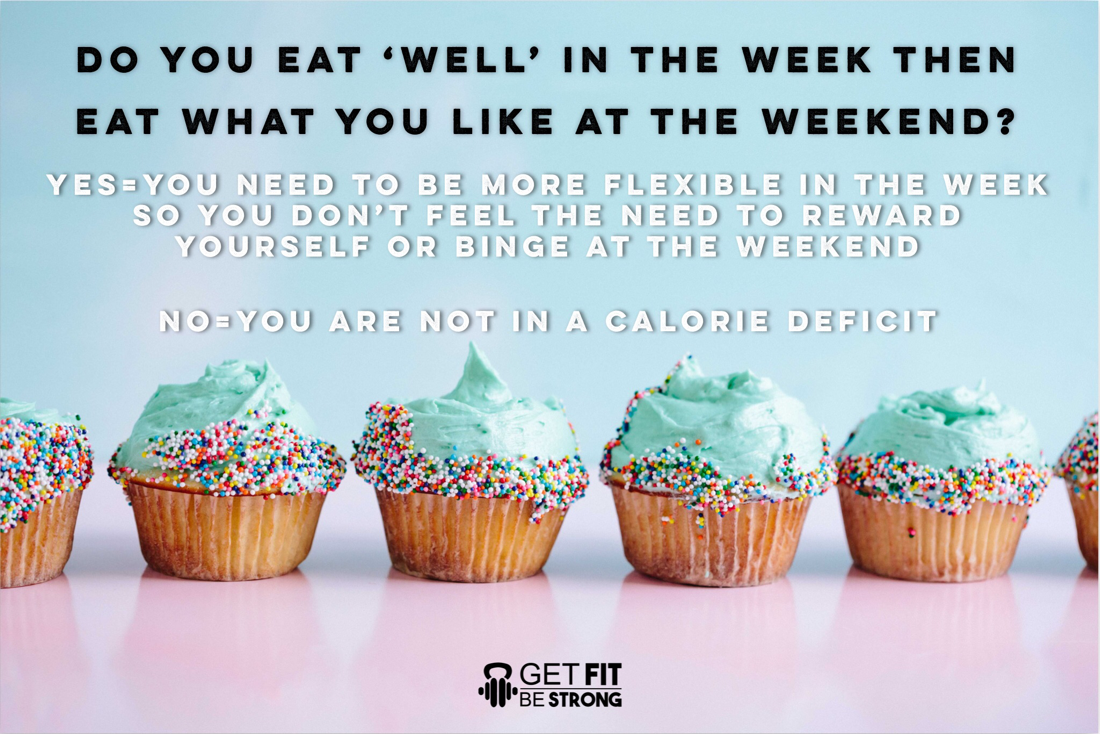
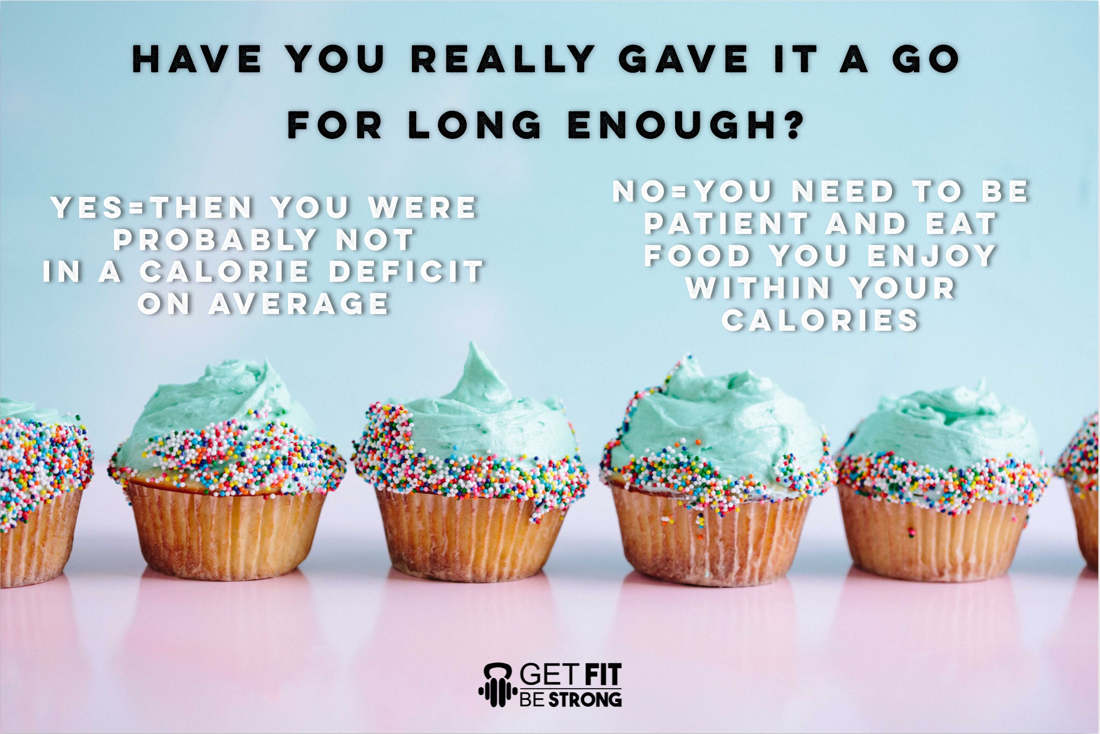
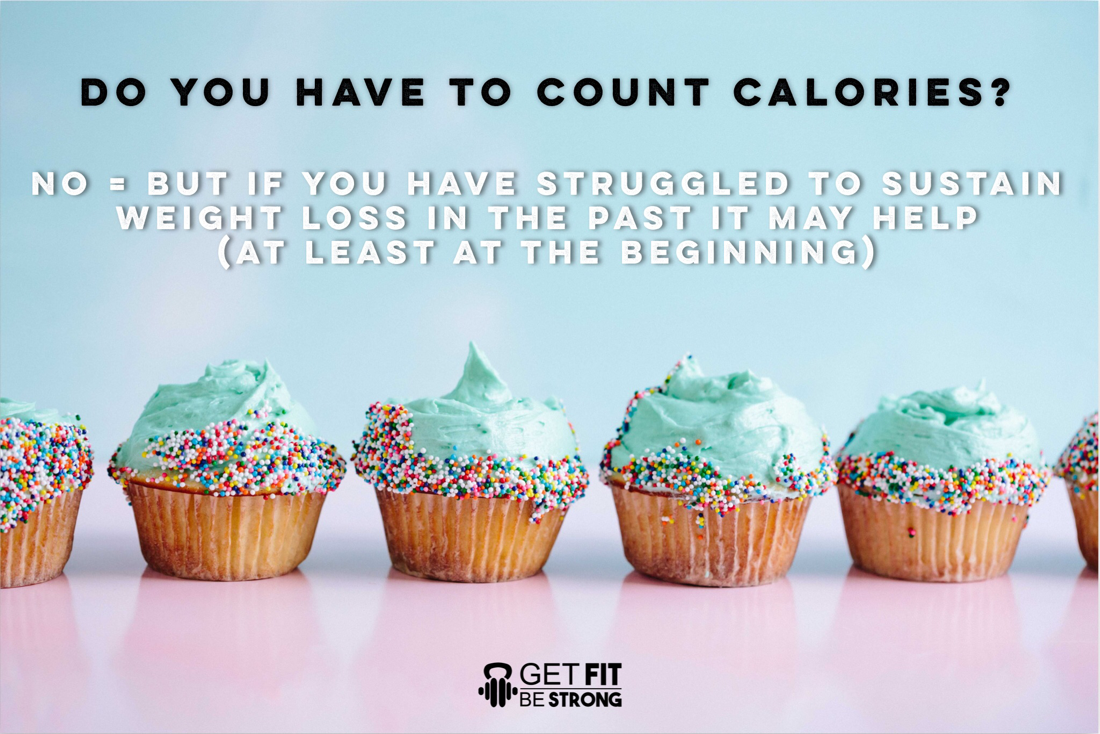
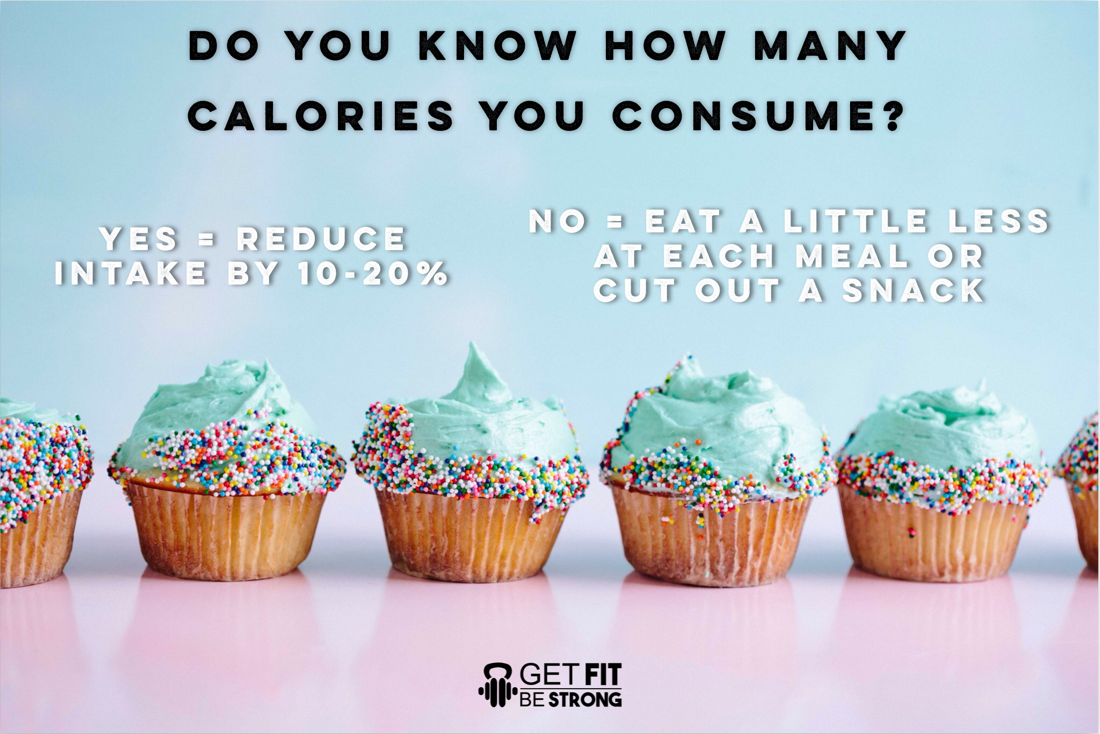

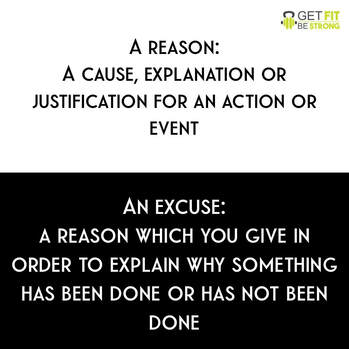
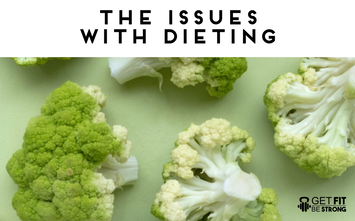
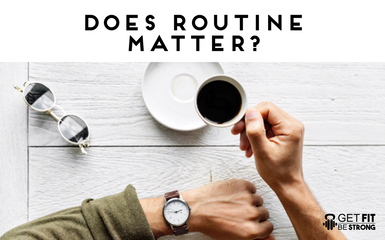
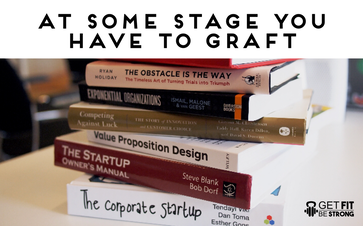

 RSS Feed
RSS Feed
